
Alpha Bank highlights the challenges the Greek construction sector is facing due to a rise in material costs in the bank’s Economic Developments Report from Economic Research.
The report notes that although construction material costs are on a downward trend, their current high prices, accompanied by high interest rates, are negatively impacting housing loan demand. Alpha Bank asserts these are among the primary challenges the Greek construction sector is facing.
Alpha Bank underlines that despite these drawbacks, the construction building sector has shown positive performance since the beginning of the year, maintaining the growth trajectory of recent years. This is reflected in several economic indicators, including sector output, its increased share in the economy’s total output, private construction activity, and employment levels.
Alpha Bank adds that an anticipated ruling from Greece’s Supreme Administrative Court, the Council of State (CoS), about the constitutionality of provisions in the New Building Regulation linked to building height and volume will mitigate uncertainty around the sector’s regulatory framework, a development expected to influence construction activity positively.
The outlook for the Greek construction sector, as reflected in the Construction Business Expectations Index, appears positive, while increasing the stock of available housing is one of the government’s policy priorities for 2024-2025, as outlined in the fiscal measures within the 2025 Budget Draft.
Investments in construction (residential and other types) have been rising since 2020, totaling €5.3 billion, with a slight decrease of 0.8% compared to the first half of 2023, when a significant 21.2% increase was recorded. Meanwhile, residential investments fell by 10.5% (H1 2023: +47.1%), whereas investments in non-residential construction grew by 4.9%.
The analysis says private construction activity in the first seven months of 2024 experienced a 20.6% increase in the number of building permits issued and a 12.2% rise in volume (m³) on an annual basis, marking a significant surge from January through April. A total of 18,600 private building permits were issued, with 22.1% of these in the Attica region and 13.3% in Central Macedonia. The largest increases, however, were observed in the Ionian Islands (51.4%) and Epirus (44.4%) regions.
The Gross Value Added (GVA) of the construction sector has been on an upward trajectory since the second half of 2017, reaching €2.1 billion in the first half of 2024 (in constant prices). On an annual basis, construction GVA recorded a slight decrease of 0.9%, which is attributed to base effects, as the first half of 2023 had seen a significant 21.6% increase, according to Alpha Bank.
Source: tovima.com
Latest News

New institutionalized misconduct by ND brought to light – Covert propaganda and character assassination mechanism exposed, operated through Blue Skies by Varvitsiotis and Olympios with direct link to Maximos and Mitsotakis»
A damning investigation by Inside Story, an independent Greek investigative outlet, has exposed what appears to be a covert propaganda network operating at the heart of Greece’s ruling party, New Democracy (ND)

Inflation in Greece Eases to 2.4% in March 2025, Says ELSTAT
Rents have surged by more than 10% over the past year, and electricity prices have followed a similar trajectory.

Greece Eyes New Tourist Markets, Says Minister at Delphi Forum
The Greek Tourism Ministry is aiming to tap into new markets such as India, the UAE, China, as well as increase its share in the US West Coast

Delphi Economic Forum X 2025 – FT Journalist Alec Russell Talks Ukraine, Populism and Trump
Alec Russell, journalist and head of foreign correspondents at the Financial Times, described Trump as a “master of unpredictability.”

Von der Leyen Welcomes Trump’s Tariff Pause
European Commission President Ursula von der Leyen on Thursday welcomed U.S. President Donald Trump’s unexpected decision to pause sweeping tariffs for most countries, calling it “an important step towards stabilizing the global economy.”

Shipping’s Evolving Regulatory Landscape
Regulatory tools must remain unbiased to stay agnostic in terms of energy, enabling continued innovation and investment in the most efficient solutions for the maritime sector.
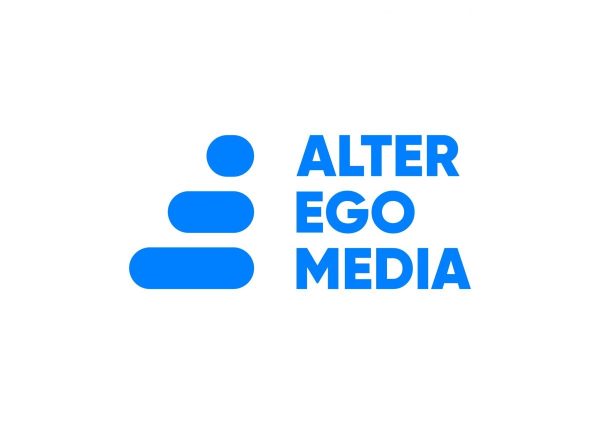
Alter Ego Media Group: 2024 was a year of impressive financial growth
The financial results for the year ended on 31.12.2024 of Alter Ego Media, the country's major media group, demonstrate strong growth across all financial indicators.
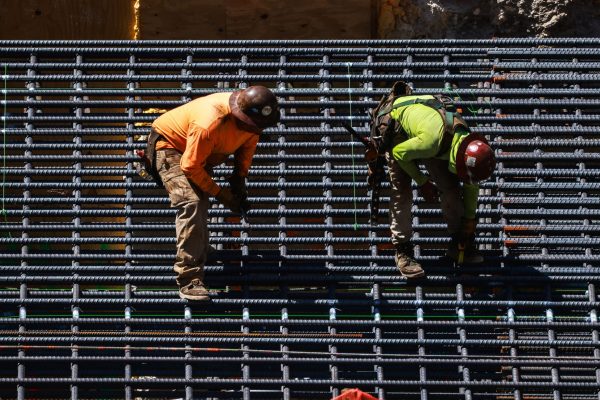
EU Retaliates, Approves Tariffs in Trump Trade Clash
The European Union has approved its first round of retaliatory tariffs in response to U.S. President Donald Trump’s sweeping trade duties.

10th Delphi Economic Forum – ‘We are in a 2nd Cold War’: Professor Platias
“We are in a new Cold War,” the professor pointed out, claiming the two poles were the United States and China.

Deputy of Tempi Train Crash Committee Resigns
Christos Papadimitriou, the deputy chairman of the Hellenic Rail Accident Investigation Agency (EOADASAM), forwarded his letter of resignation to the deputy minister of transport on Wednesday.



























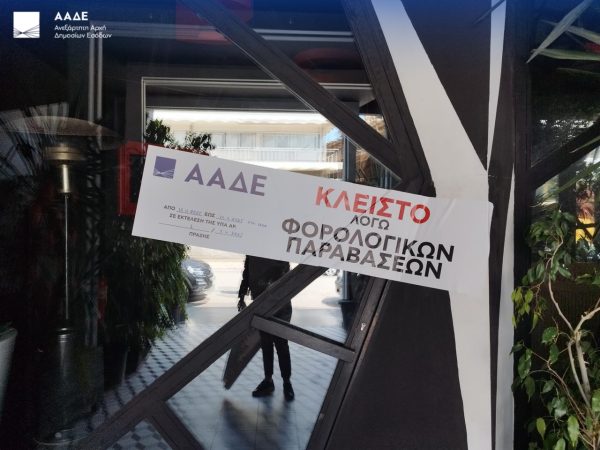



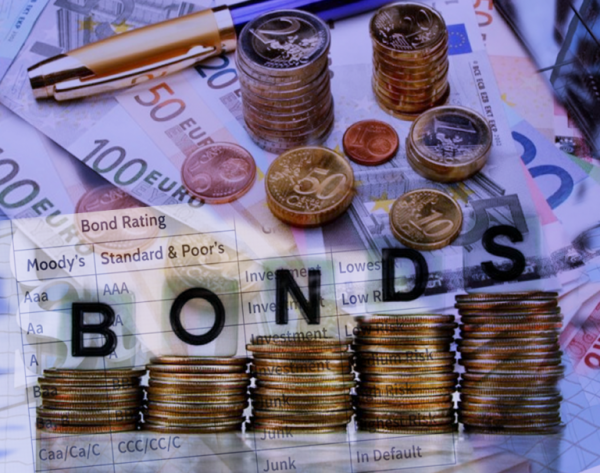
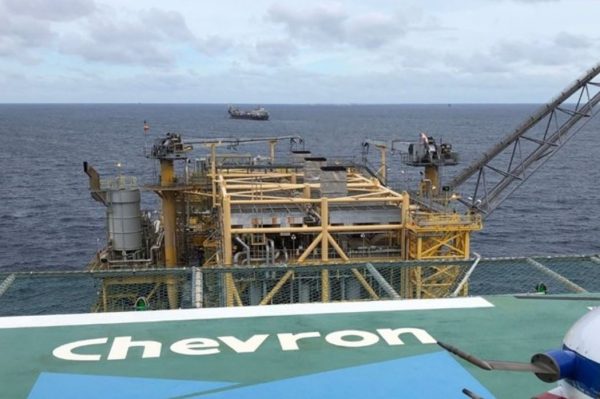


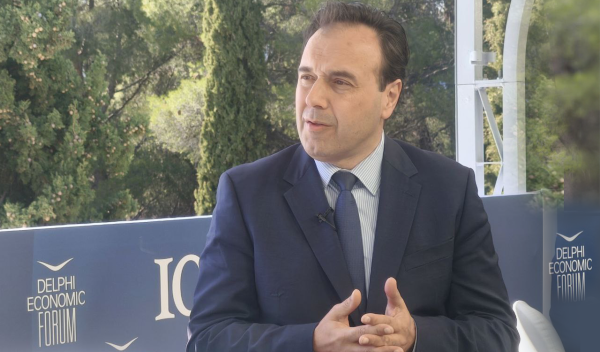

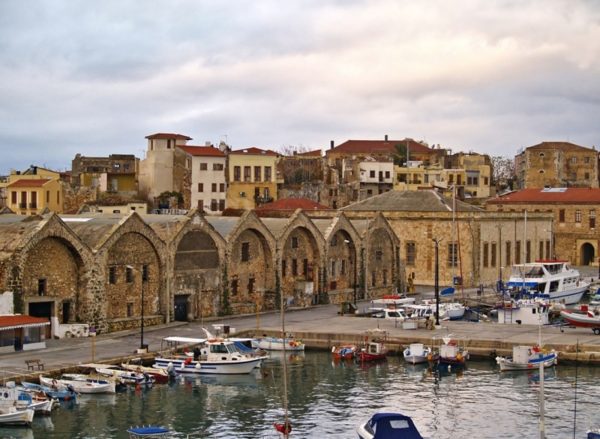



 Αριθμός Πιστοποίησης
Αριθμός Πιστοποίησης